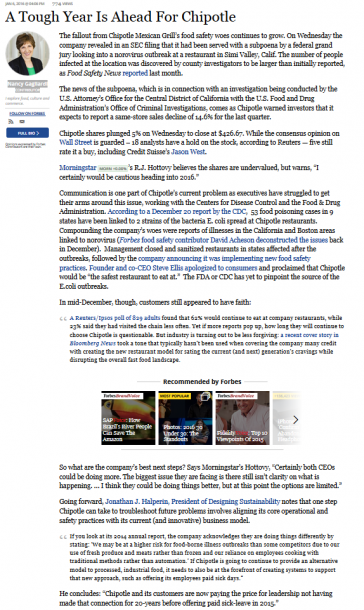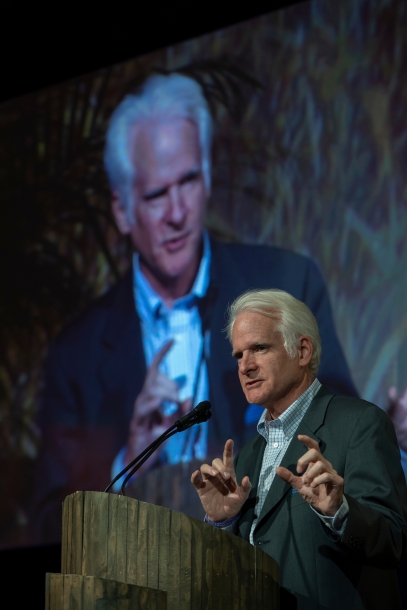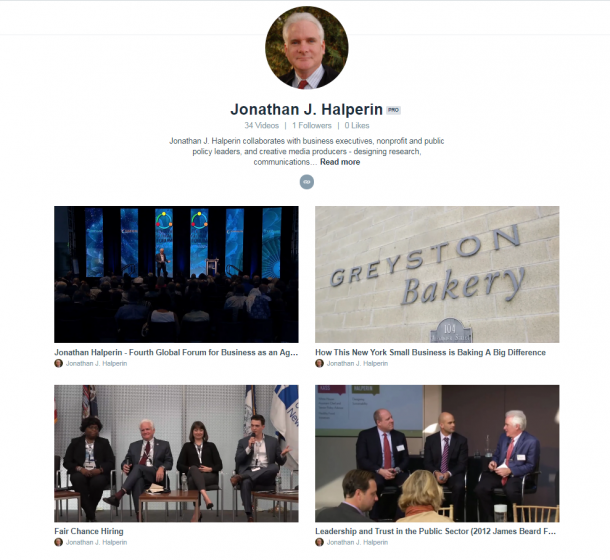You are here
A Tough Year Is Ahead For Chipotle
Jonathan J. Halperin quoted in Forbes (January 6, 2016).
A Tough Year is Ahead For Chipotle
Full-text of the article appears below.
The fallout from Chipotle Mexican Grill’s food safety woes continues to grow. On Wednesday the company revealed in an SEC filing that it had been served with a subpoena by a federal grand jury looking into a norovirus outbreak at a restaurant in Simi Valley, Calif. The number of people infected at the location was discovered by county investigators to be larger than initially reported, as Food Safety News reported last month.
The news of the subpoena, which is in connection with an investigation being conducted by the U.S. Attorney’s Office for the Central District of California with the U.S. Food and Drug Administration’s Office of Criminal Investigations, comes as Chipotle warned investors that it expects to report a same-store sales decline of 14.6% for the last quarter.
Chipotle shares plunged 5% on Wednesday to close at $426.67. While the consensus opinion on Wall Street is guarded – 18 analysts have a hold on the stock, according to Reuters — five still rate it a buy, including Credit Suisse’s Jason West.
Morningstar MORN +0.00%’s R.J. Hottovy believes the shares are undervalued, but warns, “I certainly would be cautious heading into 2016.”
Communication is one part of Chipotle’s current problem as executives have struggled to get their arms around this issue, working with the Centers for Disease Control and the Food & Drug Administration. According to a December 20 report by the CDC, 53 food poisoning cases in 9 states have been linked to 2 strains of the bacteria E. coli spread at Chipotle restaurants. Compounding the company’s woes were reports of illnesses in the California and Boston areas linked to norovirus (Forbes food safety contributor David Acheson deconstructed the issues back in December). Management closed and sanitized restaurants in states affected after the outbreaks, followed by the company announcing it was implementing new food safety practices. Founder and co-CEO Steve Ellis apologized to consumers and proclaimed that Chipotle would be “the safest restaurant to eat at.” The FDA or CDC has yet to pinpoint the source of the E.coli outbreaks.
In mid-December, though, customers still appeared to have faith:
A Reuters/Ipsos poll of 829 adults found that 62% would continue to eat at company restaurants, while 23% said they had visited the chain less often. Yet if more reports pop up, how long they will continue to choose Chipotle is questionable. But industry is turning out to be less forgiving: a recent cover story in Bloomberg News took a tone that typically hasn’t been used when covering the company many credit with creating the new restaurant model for sating the current (and next) generation’s cravings while disrupting the overall fast food landscape.
So what are the company’s best next steps? Says Morningstar’s Hottovy, “Certainly both CEOs could be doing more. The biggest issue they are facing is there still isn’t clarity on what is happening. … I think they could be doing things better, but at this point the options are limited.”
Going forward, Jonathan J. Halperin, President of Designing Sustainability notes that one step Chipotle can take to troubleshoot future problems involves aligning its core operational and safety practices with its current (and innovative) business model.
If you look at its 2014 annual report, the company acknowledges they are doing things differently by stating: ‘We may be at a higher risk for food-borne illness outbreaks than some competitors due to our use of fresh produce and meats rather than frozen and our reliance on employees cooking with traditional methods rather than automation.’ If Chipotle is going to continue to provide an alternative model to processed, industrial food, it needs to also be at the forefront of creating systems to support that new approach, such as offering its employees paid sick days.”
He concludes: “Chipotle and its customers are now paying the price for leadership not having made that connection for 20-years before offering paid sick-leave in 2015.”
- Nancy Gagliardi
- jonathan.halperin's blog
- Log in or register to post comments


